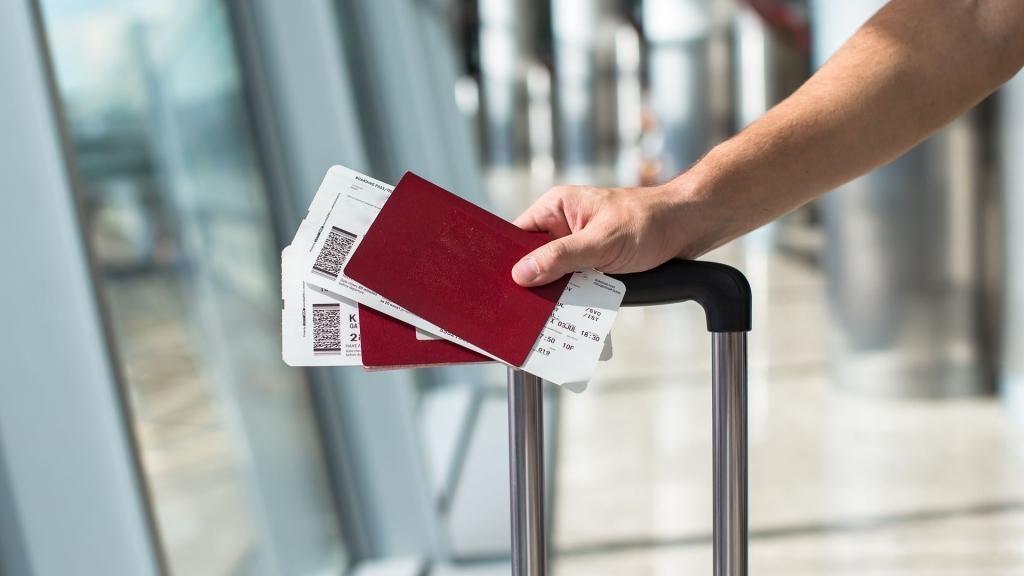According to WTTC the tourism industry is more resilient than ever

The World Travel and Tourism Council (WTTC), an organization that represents the private sector of the Travel and Tourism industry in the world, in partnership with Global Rescue, a firm that provides medical, security, evacuation services , travel risk and crisis management, announced the results of a new investigation that analyzed the impact of 90 crises that occurred internationally between 2001 and 2018; examining the recovery time, in addition to travel and spending not made by tourists.
The report revealed the following findings:
The travel and tourism industry is more resilient than ever: average recovery times decreased from 26 months in 2001 to 10 months in 2018.
Political instability has a greater impact than terrorism on problems and recovery times. Governments have the opportunity to improve but they need to engage with the private sector.
Of the four categories of the crises analyzed, political instability proved to be the most challenging, with average recovery times of 22.2 months. It was followed by terrorist or security-related incidents, where the shortest average recovery time was 11.5 months.
In addition, the average recovery times for natural disasters and disease outbreaks were 16.2 and 19.4 months, respectively.
Public-private partnerships and effective communication are critical for crisis preparedness and prevention.
- Note: Of the 90 crises analyzed, 32% were related to terrorism / security, 13% were diseases / outbreaks; 19% were political instability and 36% natural disasters.
Gloria Guevara, President and CEO of the WTTC mentioned: “This research shows how resistant the Travel and Tourism industry really is. While there is still work to be done, the data shows that recovery times have decreased significantly over the past two decades, and that significant progress has been made. It is crucial that we continue to learn from previous incidents and that we continue to unite through public-private partnerships to make a real difference in reducing economic and human impact. ”
The executive participated in a panel discussion held at the World Travel Market, where the results of the research entitled «Crisis Preparedness: Are you prepared and risk-resilient to safeguard your people and their destiny?» Were addressed.
Daniel Richards, Executive Director of Global Rescue participated in the forum; Isabel Hill, Director of the National Travel and Tourism Office of the Government of the United States; Rania Al-Mashat, Minister of Tourism of Egypt and Najib Balala, Secretary of the Cabinet of Tourism and Wildlife of Kenya.
During his participation Dan Richards, Executive Director of Global Rescue, declared: «sometimes, as challenging as the crisis itself is the preparation, management and coordination of the resources needed to mount an effective response. We are optimistic and know that working together we can strengthen and further improve the resilience of the sector to systemic shocks. «
In the report, the WTTC and Global Rescue offer recommendations on how tourist destinations can mitigate the impact of a crisis by showing successful examples from countries such as Kenya, Mexico, Hawaii and Japan. The report also highlights the importance of being prepared and the need for coordinated management to ensure a successful recovery.



